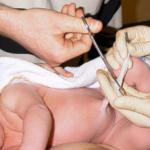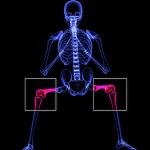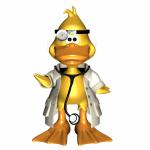Background
stem cells
Expectant parents are bombarded from all directions about what they should or should not worry about before the baby is even born - not that this ever stops after delivery.
By Mark Miller, University of Virginia
In an announcement of no surprise, the U.S.
As evidenced by my writing this article, I did not win tonight’s Mega Millions $1.6 billion lottery.
For decades the potential of stem cells to cure all disease was promised.
Is the Wild West of stem cell therapies coming to an end? Newly released guidelines from the U.S.
An international team of medical experts recently published a global call to action in Science Translational Medicine in an effort to curb the unethical, unsubstantiated use o
As a society, we immediately understand a broken arm. A gaping wound. The wasted appearance of a body overrun by cancer.
The New England Journal of Medicine (NEJM) just published distressing accounts of three patients who endured irreparable damage to their vision after seeking treatment at the same u











